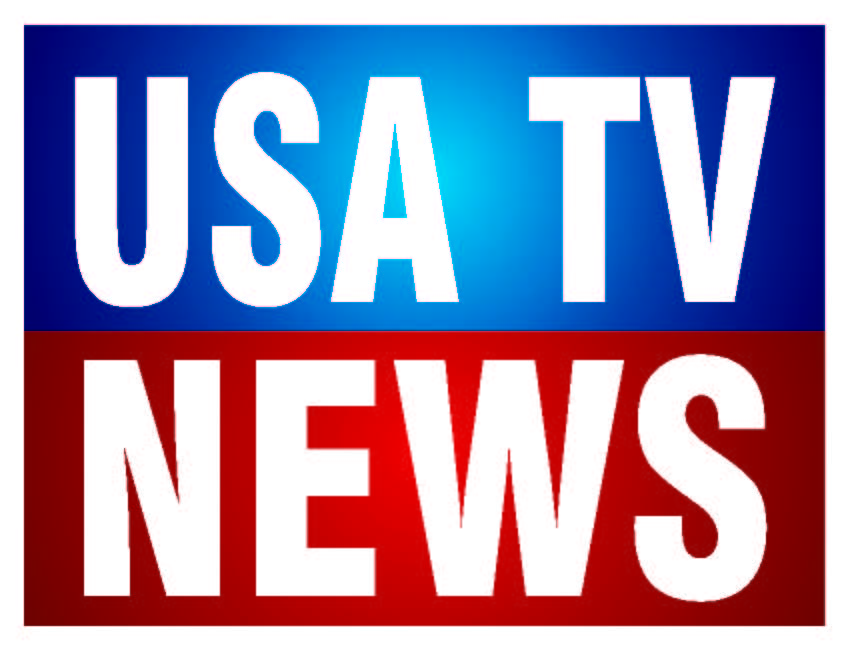US President Donald Trump has announced a fresh wave of tariffs under Section 232 of the Trade Expansion Act, including a 100% tariff on branded or patented pharmaceutical products starting October 1, 2025. The move is aimed at forcing drugmakers to shift production to the US, with exemptions for firms that have already begun building manufacturing plants in America.
For India, the immediate impact of these pharma tariffs appears limited, as the country is the world’s largest supplier of generic drugs, accounting for nearly 20% of global demand. However, the move could complicate efforts by Indian pharmaceutical companies that are seeking to expand into patented and high-value drug segments. It may also affect incentives provided under India’s Production-Linked Incentive (PLI) scheme, which covers categories such as biopharmaceuticals, complex generics, and patented drugs.
Beyond pharmaceuticals, Trump also announced steep tariffs on a range of products including kitchen cabinets, furniture, and heavy trucks, citing national security concerns. India has already been hit with a 50% tariff on labour-intensive exports such as textiles, footwear, and marine products, raising fears of job losses in these sectors.
Washington’s expanding use of Section 232 investigations is particularly worrying for New Delhi, as probes are now targeting sectors like pharma ingredients, semiconductors, aircraft, critical minerals, and renewable technologies. Given that national security-based tariffs are difficult to challenge legally, India could face rising trade barriers in multiple industries going forward.
Picture Credit: www.picryl.com

